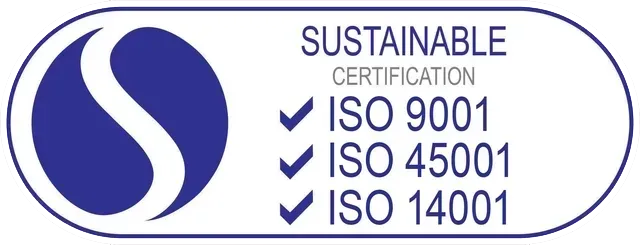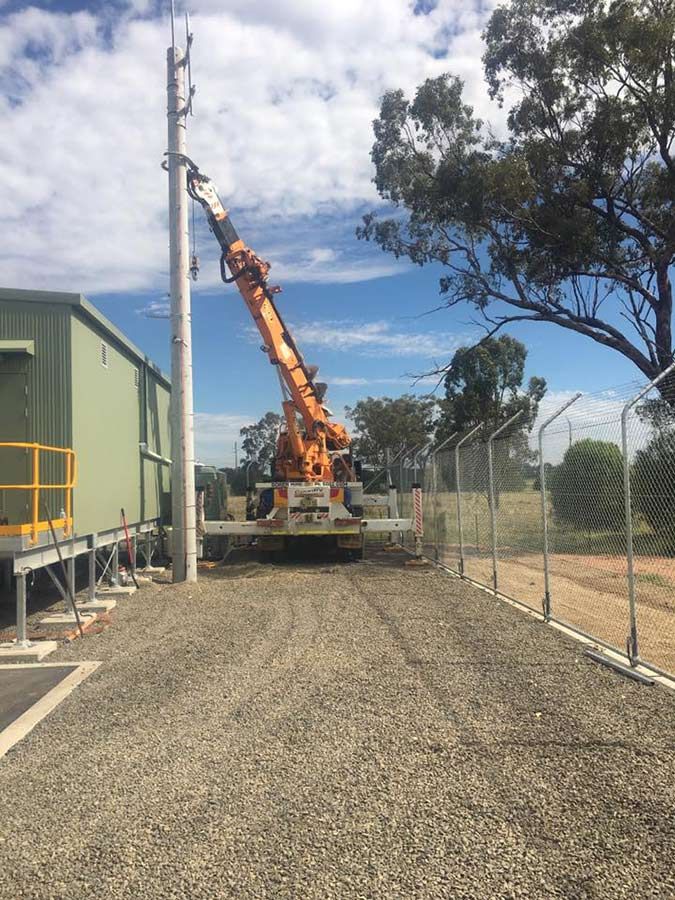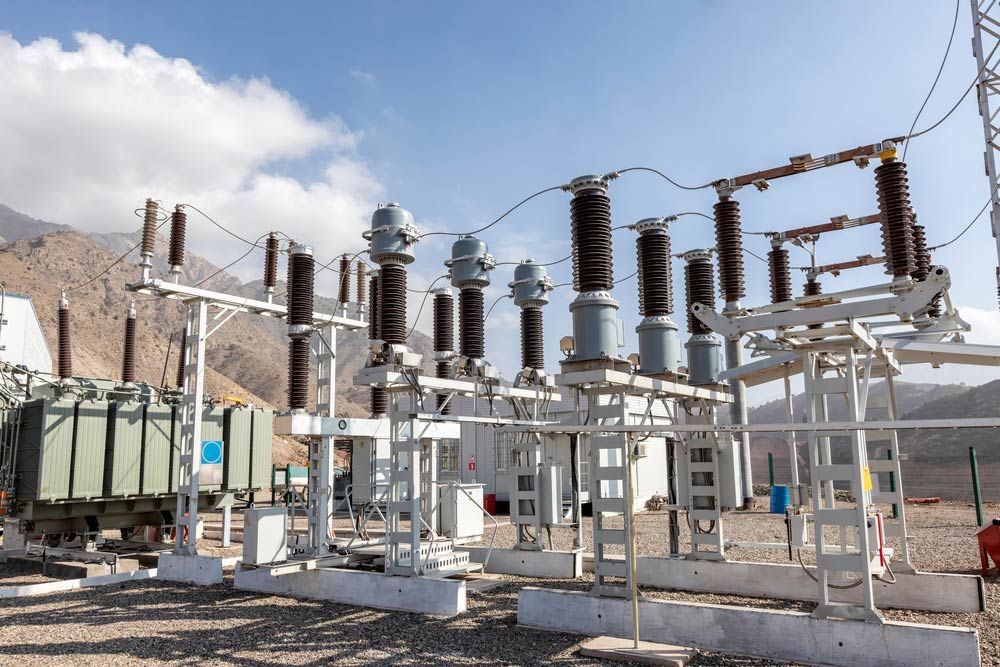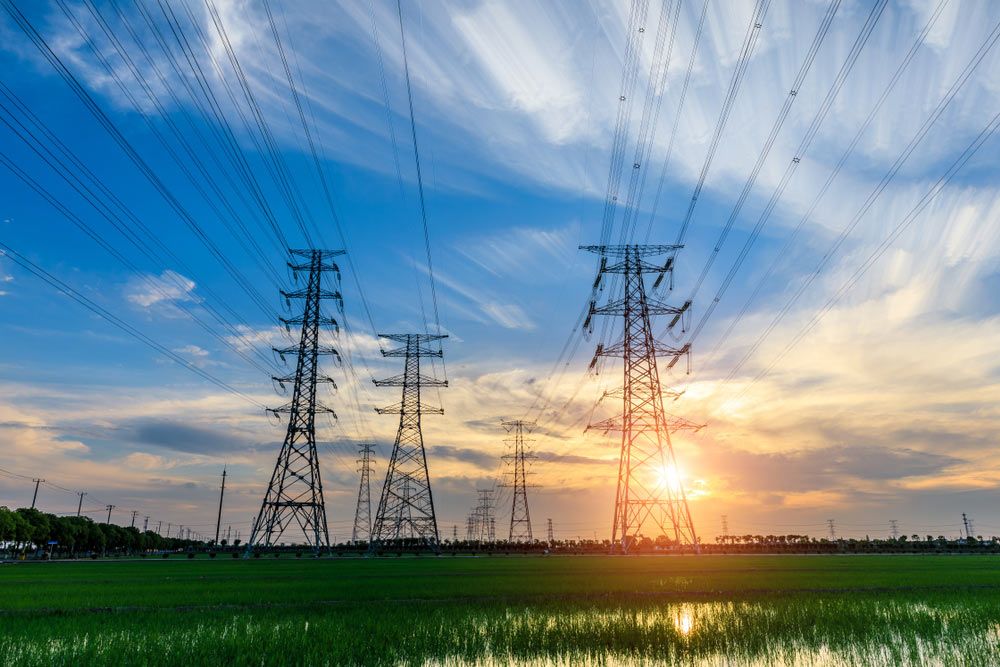Electrical Infrastructure in Dubbo & surrounds
- Level 1 & 2 Accredited
- Family-Owned Electrical Experts
- Safe & Compliant Solutions
Request A Call Back
Thank you for contacting Country Powerline Constructions.
We will get back to you as soon as possible.
Please try again later.
Electrical Infrastructure Services
When it comes to building or upgrading energy infrastructure, you want a team who can manage the complexity — and get it right the first time. At Country Powerline Constructions in Dubbo, we specialise in accredited ASP Level 1 and Level 2 services for developers, contractors and government bodies. Whether you’re powering a new subdivision, upgrading a network, or delivering a major infrastructure project, we’re equipped to handle everything from substation builds to high-voltage line construction. Our clients rely on us to deliver not only what’s needed, but what’s required by law — safely, efficiently and with minimal disruption on site.
We’re here to make the process simple, compliant and stress-free. If you're planning a project anywhere across regional NSW, call 02 6882 0354 to speak with our team about your requirements.
Substation Construction Services
Substations are a critical component of the energy network, helping to step down voltage for safe distribution across residential and commercial areas. We build substations that meet the latest design and compliance standards, with a strong focus on safety, longevity and integration into local networks. Whether it’s for a new estate or an industrial project, our team handles the entire construction process from excavation through to commissioning.
Sub Transmission & Transmission Line Construction
Sub transmission and transmission line construction involves working with high-voltage infrastructure that forms the backbone of the electricity grid. These projects require specialised knowledge, equipment and safety protocols — all of which we bring to every site. We work on both new builds and upgrades, helping to strengthen the grid and ensure reliable power supply across growing communities and commercial zones.
Frequently Asked Questions
What is the purpose of ASP Level 1 and Level 2 accreditation?
Accredited Service Provider (ASP) Levels 1 and 2 are licensing categories that allow contractors to carry out contestable works on NSW’s electricity networks. Level 1 accreditation covers the construction and extension of the power network, including high-voltage powerlines and substations. Level 2 accreditation authorises work that connects properties to the grid, including metering and service lines. These accreditations ensure that only qualified professionals work on critical infrastructure.
Can a single provider perform both Level 1 and Level 2 services?
Yes, if a provider holds both Level 1 and Level 2 ASP accreditations, they are authorised to carry out a wider scope of work — from building out network infrastructure to handling property-level connections. This makes them particularly valuable for larger projects or developments that require full service from grid extension to site connection. It also streamlines coordination between contractors and reduces project timelines.
What types of projects require ASP Level 1 services?
ASP Level 1 services are required for any project that involves the construction or upgrade of electricity distribution infrastructure. This includes the installation of overhead and underground lines, substation builds, and the creation of new links between the grid and developments. These services are typically needed for housing estates, commercial precincts, industrial zones, and civil infrastructure developments.
What qualifications do ASP contractors need in NSW?
ASP contractors must complete approved training through recognised programs and hold the appropriate licence issued by NSW Fair Trading. They must also be registered with the relevant electricity distributors (e.g., Essential Energy, Ausgrid, Endeavour Energy) and maintain current public liability insurance, safety systems and environmental protocols. Ongoing compliance checks and renewals are also required.








